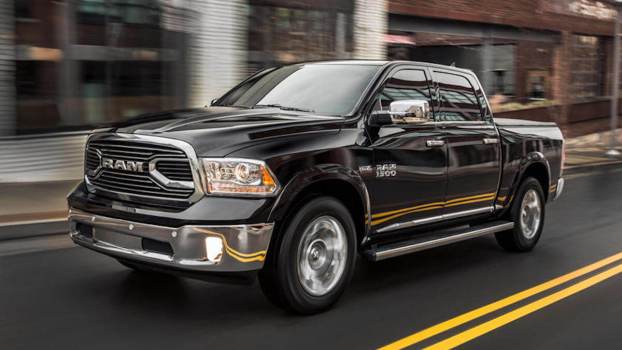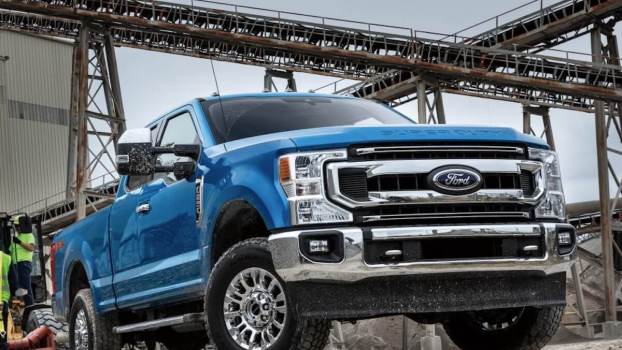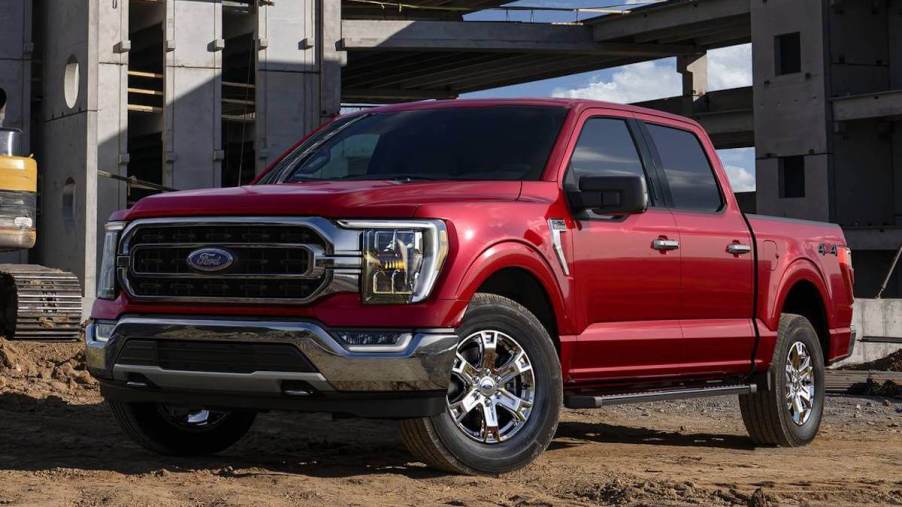
Are Diesel Engines More Reliable Than Gas Engines?
Most recent propulsion comparisons detail the differences between gasoline-powered engines and electric motors. But the diesel engine silently offers a third option, mainly for trucks doing heavy hauling and towing. So the gas-versus-diesel debate rests largely with truck buyers. And to compare, we need to weigh many disparate factors.
What about diesel and gas engine resale?
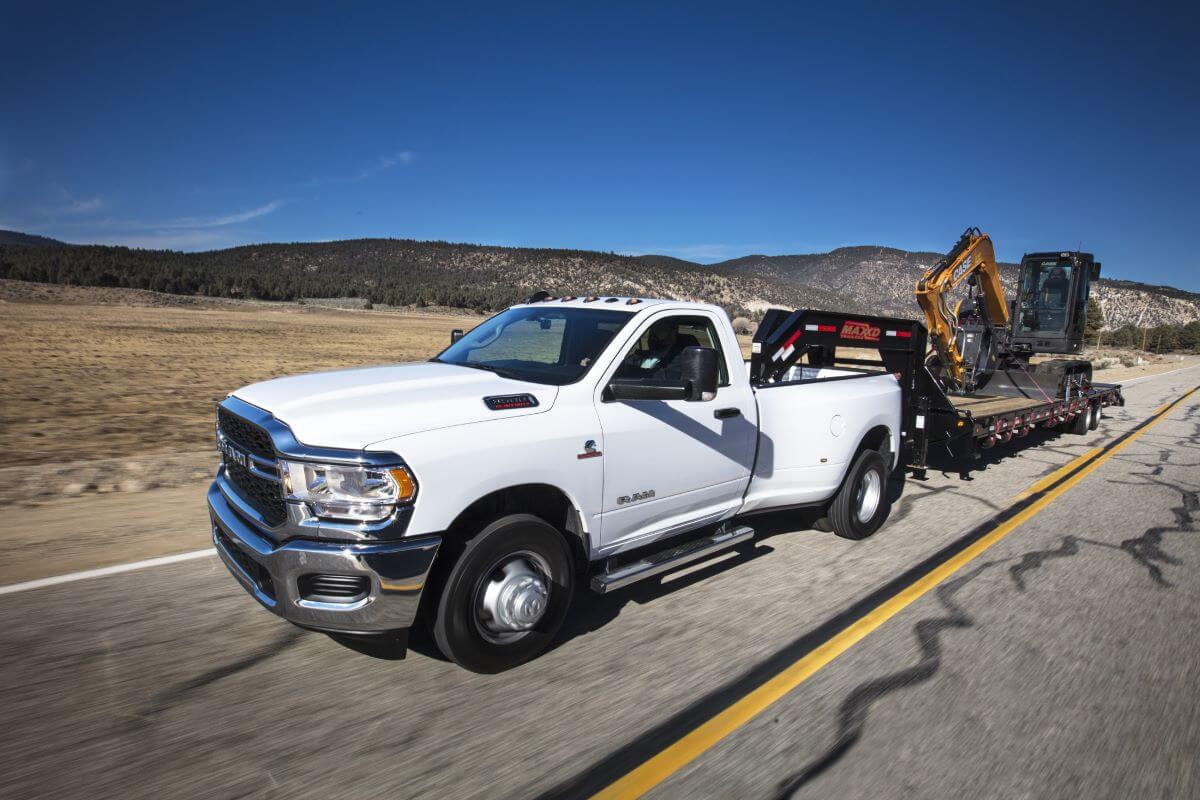
Let’s start with the price. Diesel engines cost more to purchase. Emissions systems require more servicing, which also adds to yearly costs. And diesel fuel costs more than unleaded gasoline, though diesel engines get better mileage than gas. Also, some insurance companies think diesel-powered vehicles cost slightly more to insure.
One factor consumers don’t always consider is resale value. Diesel vehicles have a higher resale value than their gas-powered counterparts. According to MoneyBarn, diesel vehicles sell for around 10% more than petrol versions.
But keep in mind that diesel sales are slowly waning. Though gasoline-powered vehicles make up 54% of new vehicle sales, diesel accounts for 10%. The rest are electric and hybrid vehicles, at 36%.
Are diesel or gas engines more economical?

Engines that take more energy to make power are less efficient. Gas engines use more energy, which means they are more prone to replacement or repairs sooner than diesel engines. And diesel fuel contains more energy than the same amount of gasoline.
Furthermore, diesel engines emit less CO2 than gas-powered cars. However, diesel also produces more emissions overall. Nitrogen oxide emissions are at much higher rates for diesel engines than gas.
In addition, gas engines are cheaper to run because their fuel is cheaper. And their rate of emissions is less than those of diesel engines. But make no mistake: Gas-powered engines produce a high rate of emissions, specifically CO2.
Does reliability depend on how diesel or gas engines are used?
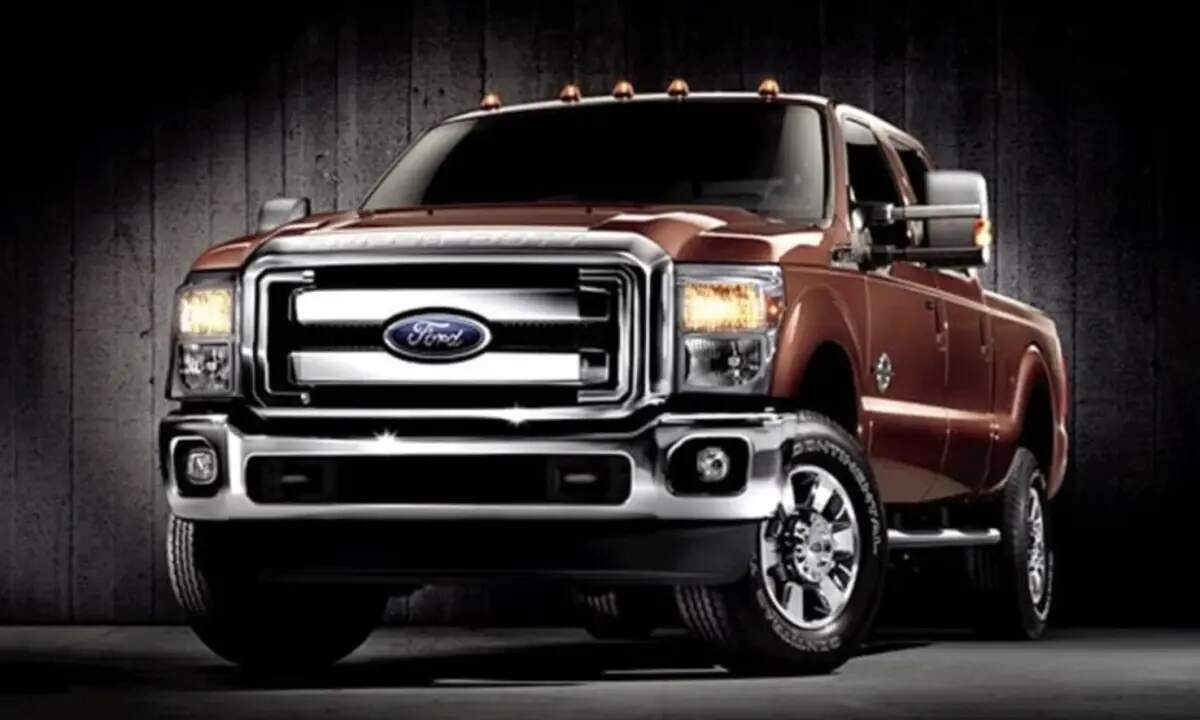
Manufacturers generally build diesel engines stronger because of their expected heavier use. For owners, diesel engines have longer service intervals. And because diesel engines run at lower RPMs, less wear on parts occurs. And those parts are built stouter because of the internal pressures in diesel engines.
Another point in favor of diesel engines is that diesel fuel is more like oil. So it lubricates parts as it flows through the heads and other components. But if you’re planning off-road excursions, you might be better off with gasoline-powered engines.
Reliability is more about the need
As we mentioned, the reliability factor rests not less on longevity and strength but more on need. Using a gasoline-powered truck for heavy hauling and towing will decrease its longevity and increase servicing. But if you’re considering a diesel engine mainly for daily driving and occasional towing, a gas engine makes more sense.
So, in the end, the right engine used for the right applications will optimize their reliability and longevity. Beating a gas engine with regular heavy hauling or using a diesel engine for everyday errands and only occasional heavy-duty tasks will lower either’s dependability.

